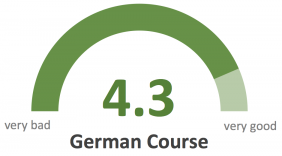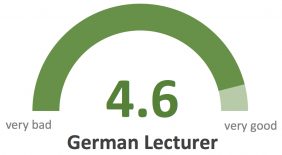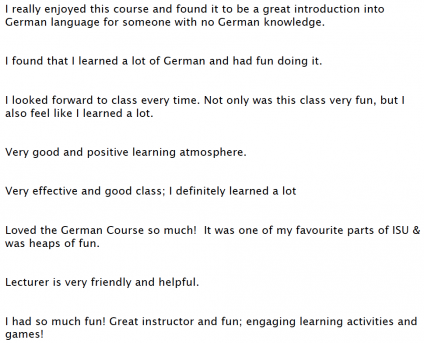Inside Arts - Documenta Summer School
The documenta is one of the most influential art institutions that addresses current concerns and developments of Contemporary Art. With a strong focus on exhibition research, a young discipline at the core of the documenta Institut, this course will look at the different modes in which the exhibition of Contemporary Art addresses current social, political, and climate issues. By visiting art galleries, museums, and the documenta Archive as well as engaging in talks with researchers at the documenta Institute we will learn about the history of the documenta and its importance to Contemporary Art. Moreover, we will discuss how to research exhibitions and curating practices. The participants will develop their own questions regarding artworks, the exhibitions history, and Contemporary Art while conducting research in the documenta Archive. The outcome of this research will be presented and discussed within the group.
Participants of this course can expect to acquire essential knowledge about Contemporary Art, its current discourses and Exhibiting. This course is addressed to students of Art History, Fine Art, Cultural Studies, Cultural Management and adjacent fields who wish to become familiar with Contemporary Art, Exhibition making and researching.
Academic Program
Module: documenta - Inside Arts
20 contact hours and 3 credit points
COURSE DESCRIPTION
The documenta is one of the most influential art institutions that exhibits current concerns and developments of Contemporary Art. With a strong focus on documenta fifteen, organized by the Indonesian art collective Ruangrupa, this course will look at the different modes in which Contemporary Art addresses current social, political, and climate issues. Is the lumbung practice proposed by Ruangrupa an alternative to our reckless, accelerated and exploitative (of the people, of the Earth) present? By visiting documenta fifteen and engaging in talks with members of the curatorial team and researchers at the documenta Institute we will learn about the documenta’s history, why it is of such importance to contemporary art and discuss this year's topics. The participants will develop their own questions in regards to artworks, the exhibitions history, and contemporary art and conduct research in the documenta exhibition and archive. The outcome of this research will be presented and discussed within the group.
Participants of this course can expect to acquire essential knowledge about contemporary art, its current discourses and the relevant vocabulary. This course is addressed to students who wish to become familiar with contemporary art and the documenta.
Participant Ratings
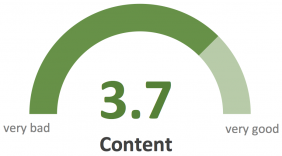
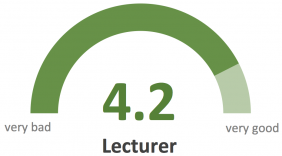
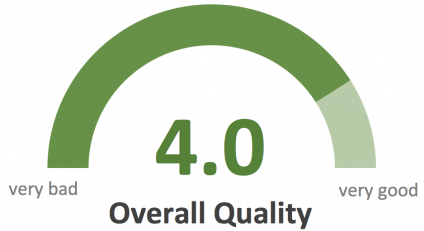

Module: German History and Politics of the 20th Century
20 contact hours and 3 credits points
COURSE DESCRIPTION
In this course, students will analyze the specifically German elements of 20th Century History. How was it possible that a “Kulturnation”, a people who brought forth outstanding results in music, philosophy, literature, and science, initiated the worst known crime in history, the Holocaust? Was there an especially German approach to dealing with the challenges of modern and post-modern societies? How were questions of gender inequality and racial minorities answered in 20th Century Germany? How did German identity develop, change, invent, and re-invent itself from 1871 to present? How did defeat in two world wars, division of the country into two hostile blocs, successful reunification of the two Germanies, integration into the European Union, and the pressures of global capitalism lead to the German nation as we experience it today?
LEARNING OBJECTIVES
- The course will use a mixture of lecture and seminar-style method. Students will read primary and secondary sources. The content will be usually presented via power point presentation and class discussion. The class will explore historical sites in Kassel and will visit the former Nazi concentration camp in Breitenau.
- The participants will gain insight into the significance of cultural and historical events in German history.
- They will be able to exhibit awareness of cultural and historical differences between the culture of German-speaking countries and the student’s native culture.
COURSE MATERIALS
Materials will be provided during the course.
Participant Ratings
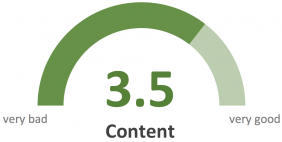
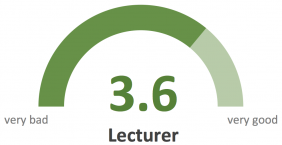
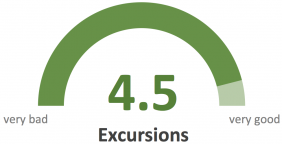
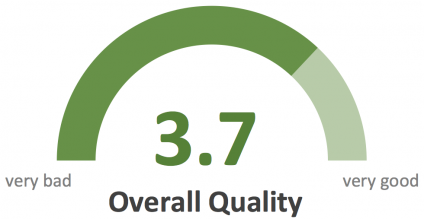
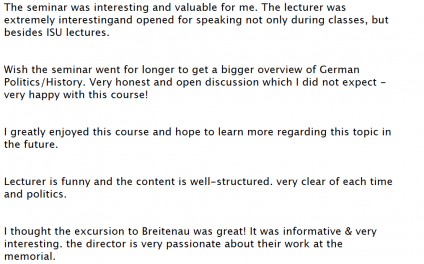
In addition to the two modules, you will also take part in the German language course
German Language Course
40 contact hours and 4 credit points
German as a Foreign Language
Studying German in Germany and practicing your skills in everyday situations is a very effective way to improve your German.
The Summer School offers German language courses at three different levels - depending on the number of participants and their German language skills. Students will be assigned to the level that best fits their competence.
Our language courses are designed to fit the criteria of the Common European Framework of Reference for Languages (European Language Portfolio). The ISU program offers courses at the following levels: A1 (beginners) and, depending on the level of the participants, A2, B1, B2 and C1. The description explains which language skills you will have AFTER the course [... more Information].
The applied teaching and learning methods are based on a progressive and innovative concept which includes, among others, team work, games, and CALL (computer-aided language learning), etc. Students will study in small groups and in a friendly and relaxed atmosphere.
Our experienced teachers are carefully selected. They are especially qualified for teaching German as a foreign language.
Participant Ratings
